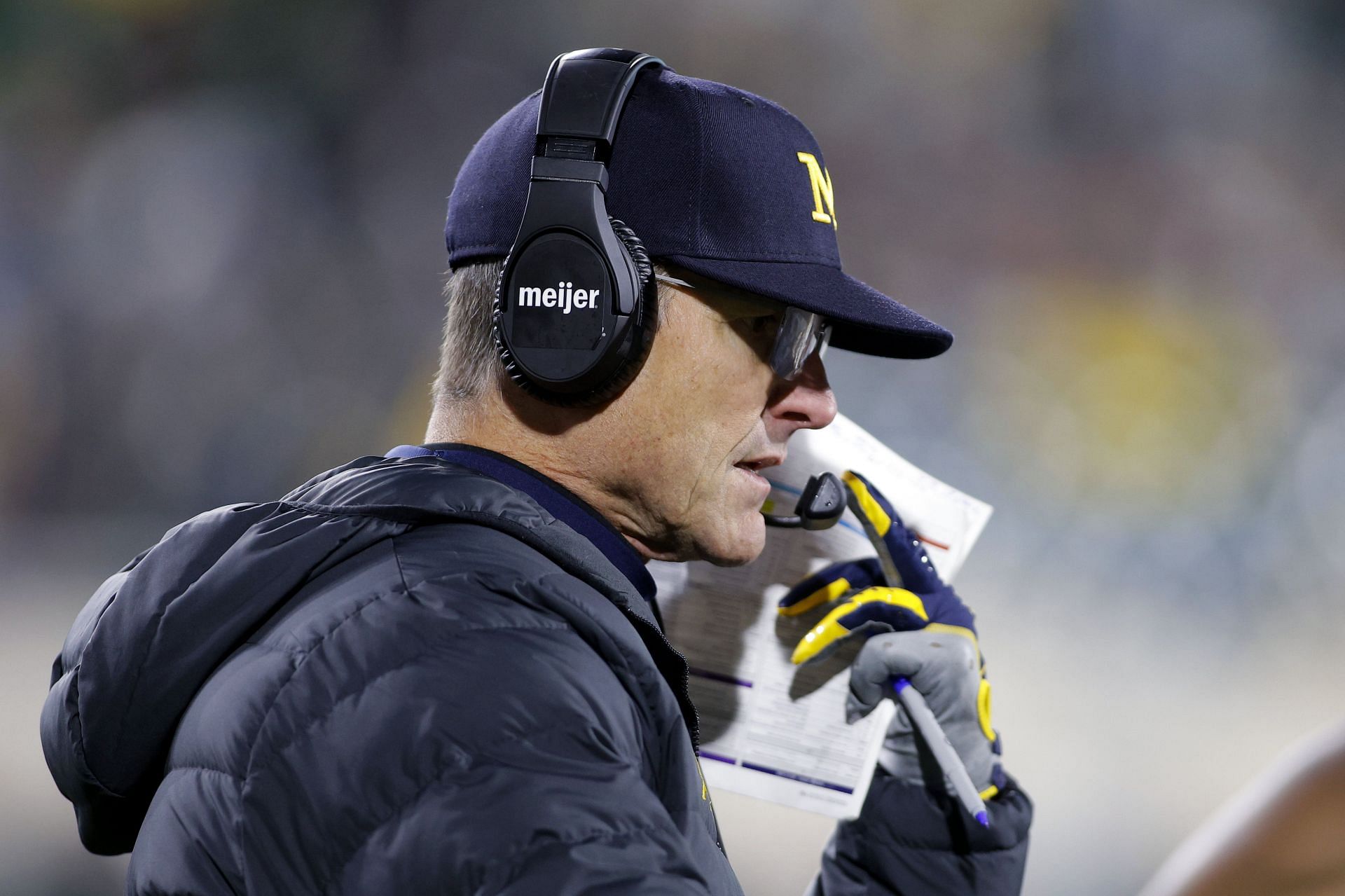
Is sign stealing illegal in college football? Unveiling latest turnaround for Michigan Wolverines as Connor Stalions catches spotlight
The Michigan Wolverines are under investigation in a sign-stealing scandal centered around Connor Stalions. The suspended Michigan staffer is accused of purchasing tickets to more than 30 games at 11 of the 13 other Big Ten schools over the past three years.
Pete Thamel and Mark Schlabach of ESPN recently shared details of the alleged operation, stating:
"The scope of the University of Michigan's alleged sign-stealing operation includes both video evidence of electronics prohibited by the NCAA to steal signs and a significant paper trail, sources told ESPN. Stalions forwarded the tickets he bought to at least three different people in different areas of the country, sources say, which hints at the breadth of the operation.
"The NCAA is expected to receive video evidence this week of illegal technology used in scouting tied to tickets purchased by Stalions, according to sources. An opposing Big Ten school looked up in-stadium surveillance video from a game earlier this year, and sources said the person in the seat of the ticket purchased by Stalions held his smartphone up and appeared to film the home team's sideline the entire game."
Stalions reportedly purchased tickets for last weekend's game between the Ohio State Buckeyes and Penn State Nittany Lions. The tickets purchased would often be around the 45-yard line, positioned with an angle to view the sideline, and always featured at least one team that was remaining on the Michigan Wolverines schedule.
Amid Michigan Wolverines scandal, is sign stealing illegal in college football?
While in-person advanced scouting is not prohibited in professional sports, the NCAA banned the practice in 1994, as every team could not financially afford to do so.
However, in-person advanced scouting is not the only rule that the Michigan Wolverines are alleged to have broken, as attempting to record audio or video of signals given by a player, coach, or any other team personnel is also banned.
While Wolverines coach Jim Harbaugh has denied any knowledge of the operation, he could still face punishment. This is because NCAA rules deem the head coach responsible for all actions within the program. It is unclear what any potential punishment will look like, however, as there is no precedent on the matter.
Furthermore, it remains to be seen when punishment could be handed down and if it will affect Michigan's 2023 College Football Playoff eligibility. The Wolverines are 8-0 and the No.2-ranked team in the nation entering Week 9.